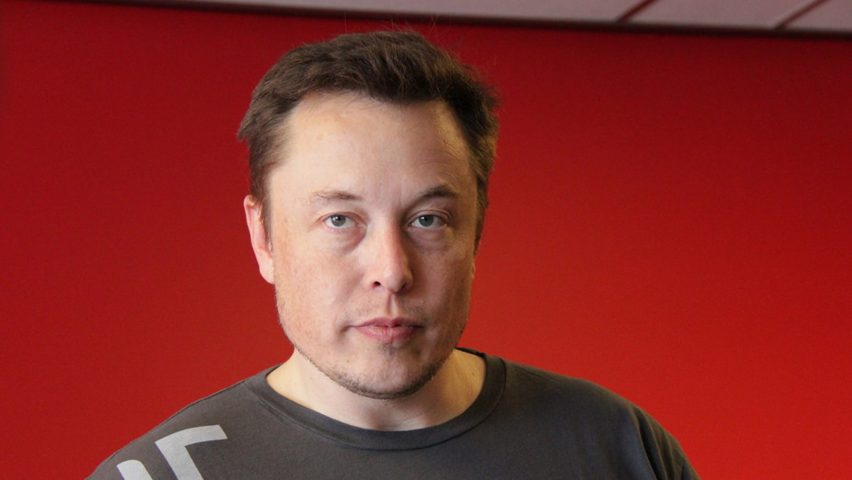
Tesla suspends Bitcoin payments over concerns about "rapidly increasing" emissions
Tesla CEO Elon Musk has announced that the electric-car maker will no longer be accepting Bitcoin in exchange for its vehicles due to the cryptocurrency's alleged contribution to climate change.
The U-turn comes after Tesla purchased $1.5 billion worth of Bitcoins in February and announced that it would start accepting payments in the cryptocurrency in March.
"We are concerned about rapidly increasing use of fossil fuels for Bitcoin mining and transactions, especially coal, which has the worst emissions of any fuel," Musk wrote on Twitter.
"Cryptocurrency is a good idea on many levels and we believe it has a promising future, but this cannot come at great cost to the environment."
Energy usage trend over past few months is insane https://t.co/E6o9s87trw pic.twitter.com/bmv9wotwKe
— Elon Musk (@elonmusk) May 13, 2021
Musk tweeted a graph showing Bitcoin's increased energy usage
The Bitcoin network guzzles up more energy per year than the entire country of Sweden.
The Tesla founder shared a graph from Cambridge University's Bitcoin Electricity Consumption Index, showing an increase in estimated Bitcoin energy consumption from 114 to 148 terawatt-hours since January this year.
Estimates for the theoretical highest usage have more than doubled in the same period, up from 224 to 515 terawatt-hours.
The high energy consumption is a result of the Bitcoin mining process. Every time a new Bitcoin is mined, thousands of computers in the Bitcoin network race to verify this transaction by solving a series of algorithms.
Known as proof of work (PoW), the system relies on large amounts of computing power and electricity, often derived from fossil fuels such as coal.
The rapid increase in Bitcoin's energy consumption could partially be traced back to Musk himself. His February investment caused a surge in demand for the currency, hiking up its value.
But now Musk has stated that Tesla will not accept Bitcoins until the cryptocurrency's mining process runs on renewable energy.
Around 76 per cent of PoW miners already rely on renewables as part of their energy mix. But only 39 per cent of all energy consumed by mining currently comes from green sources, according to research by the Cambridge Centre for Alternative Finance.
"These figures are expected to improve further as miners are constantly searching for the cheapest form of energy – their main expense item – and increasingly this comes from renewables," said Anatoly Crachilov, co-founder and CEO of investment firm Nickel Digital.
According to Musk, Tesla will also look into cryptocurrencies that use less than one per cent of the amount of energy per transaction compared to Bitcoin.
A number of smaller cryptocurrencies such as Tezos and Cardano are based on a more efficient algorithm known as proof of stake (PoS), in which only one computer in the system is picked at random to verify a transaction.
"The energy consumption required to run a proof of work network is equivalent to a nation of tens of millions of people," co-founder of development firm TQ Tezos Chris Lawlor told Dezeen.
"But the energy needed to run a proof of stake network is a few hundred computers."
The environmental impact of cryptocurrencies and their underlying blockchain technology has been brought into the spotlight in recent months with the boom of non-fungible tokens (NFTs).
These are certificates of authenticity for digital assets, which are recorded on the blockchain and thus generate emissions any time they are created and traded.
As awareness around this issue is growing, creators including architect Chris Precht have cancelled upcoming NFT sales while musician Imogen Heap offset the emissions from her first drop by removing 20 tonnes of CO2 from the atmosphere.